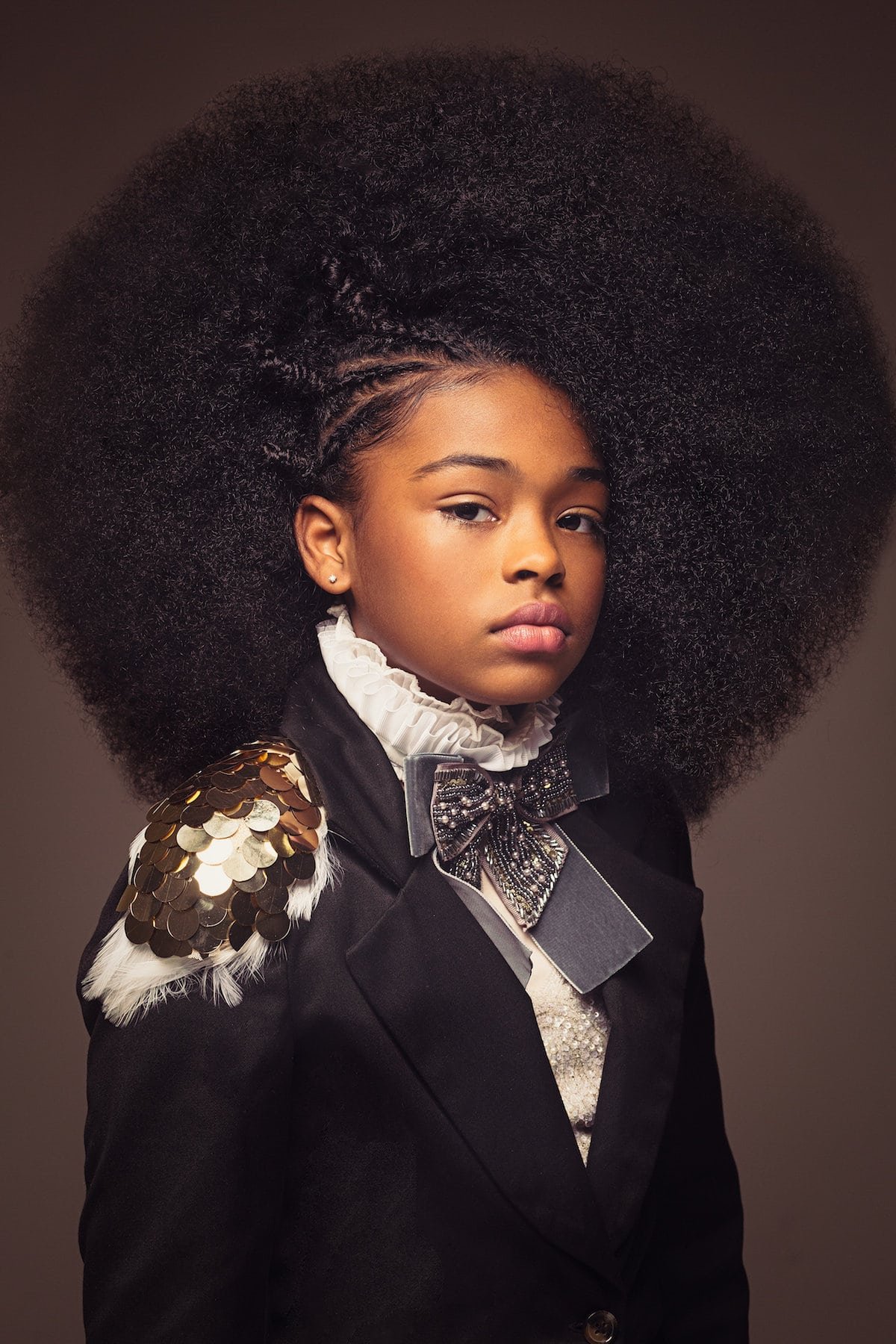February comes and goes each year, and for many, the celebration of Black History Month feels foreign to them. Well, guess what? NOT. THIS. YEAR. I’m going to walk you through our joint celebration of #BHM2022.
For goodness sake, it’s 2022! We are at the point in time where we are very much aware of cultural differences amongst us. And what a beautiful place to be! To understand that as humans, we’ve evolved into different societies: inculcating different values, customs and belief systems into our communities. I’m inviting you to come out of your comfort zone and discover what Black History means to different people in our society, and what it can mean for you and your family. Take a walk with me…
The first step I’d suggest is that you check in with yourself and see what you do know about Black History Month. Is it peanut butter? MLK? Or, that it’s February? 👀
Next, expand on that theme you already know. For example:
Somewhere down the line you learned that peanut butter was invented by George Washington Carver, a Black agro-scientist. But, did you know that he was also one of the prominent American chemists and inventors of the 20th Century? That leads to your next questions: what else did Carver concoct in the lab? What other goodies did he invent? Well, I’m glad you asked, because How Stuff Works has a good article on his accomplishments and there’s a myriad of books that go more in depth on his life and inventions.
Since we’re already on the topic of inventors and their inventions, you can further expand your knowledge by looking into other cool and essential things created by Black inventors. One of my personal favorite resources is “1001 Things Everyone Should Know About African American History” by Jeffrey C. Stewart. I keep it on my coffee table, and it never disappoints in sparking conversation with my guests. (Please let me know what you learned from this book in the comment section!)
Looking into what you know, the topics that interest you and how Black Americans contribute to those topics is one way to internalize that you too can celebrate Black History Month.
Another route is to look at your own family’s culture and examine how it is connected to Black History Month. I can guarantee you that at some point in time, a Black American or the concept of being Black has influenced your culture. For instance, did you know that Carver (yes, the inventor from above) guided Mahatma Ghandi on alternatives to dairy? See! Because the truth is: we are WAY more interconnected than we can even imagine or admit.
Just this summer, when I ordered a “jony ke ke'' on a Dominican beach, I realized I was ordering “Johnny cakes!” After further investigation, it turns out there are different variations of Johnny cakes in Black Southern cuisine, throughout the Caribbean and in Latin America. Here’s a Caribbean Johnny Cake Recipe to bite into. For years, I’ve been enjoying “jony ke ke”, oblivious to the fact that I was just saying Johnny cakes with a Spanish accent. 🤦🏿 Embarrassing! But, it furthers my point…
Maybe it’s your cuisine, your style, intellectual thought, music, stories, sports, architecture, science, etc. Honestly, it could be ANYTHING in your own culture. It’s probably been influenced at some point by Black Americans. And every day, without realizing it, that contribution to your culture is a celebration of Black History.
This year however, bring it to the forefront. Investigate it. Accept it. Celebrate it. Rejoice in it. And, realize that if you look around your house and your community, a Black American helped shape it. 🙏🏿
Happy Black History and Black Future Month!
Nerd Out:
Y’all know I embrace my inner nerd like no other. But, I think it’s especially important when considering cultural and racial differences in our world. Why? Because the truth is that we have differences in race and culture. Instead of ignoring them, we should investigate them! What a beautiful hue-man experience.
Here are some suggestions on how to celebrate Black History Month in different subjects with your children or students:
Science:
If you have access to a microscope, compare different hair textures. Ask the questions: What makes hair kinky, curly or straight?
Investigate the following inventions and their corresponding inventor: microphone (Dr. James West), computers (Mark Dean), traffic lights (Garret Morgan), GPS technology (Gladys West)
Look up the lives of Black Scientists and make a list of their corresponding inventions or discoveries like: George Washington Carver, Neil deGrasse Tyson, Percy Julian, Robert Robinson, Henrietta Lacks, Dr. Mae Jemison (Honestly this list could go on for days and is BY NO MEANS even close to being exhaustive.)
Math:
The Los Angeles Unified School District has a list of some African American Mathematicians here, I say, let’s help them expand the list. Who’s with me?!
Investigate the following mathematicians and their contributions: Benjamin Banneker (he built America’s first clock), Elbert Frank Cox (first African-American to earn a PhD in Mathematics), David Blackwell (significant contributions to game theory, probability theory, information theory and Bayesian statistics). Katherine Johnson (provided calculations that coordinated the Apollo moon landing), Dr. Gladys West (laid the groundwork for the GPS). Again, this is NOT an exhaustive list, just a great starting point.
Reading/Writing:
Stories, Books, Poems galore! Here’s a smaaaaaaaall list of some poets to look into: Audre Lorde, Phillis Wheatley, Langston Hughes, and Maya Angelou.
Don’t bound yourself to only written stories as well. Discover oral history, its power and the influence of the storyteller.
Follow Marley Dias with her #1000blackgirlbooks campaign!
History/Culture:
Explore our very own Callaloo books to learn more about Black American experiences!
Look into “The Negro Motorist Green-Book”, a guide to help Black Americans travel safely during the mid 20th century.
Go into all the music inspired and created by Blacks: Blues, Compas, Country, Disco, Doo-wop, Funk, Jazz, Hip Hop, House, Merengue, Plena y Bomba, Reggae, Rhythm and Blues, Rock ‘n’ Roll, Salsa, Samba, Soca, Soul, Techno, and much much more.
Honestly, I just don’t know how to express it enough: Every. Day. Is. Black. History.
Everyday you walk out and encounter something created or nourished by a Black person.
So if you didn’t know where to start. Start here. Look around you. Start there. Look at your favorite subject. Start there. Look at your favorite foods. Start there. Look at your favorite music. Start there. Just know there’s plenty of starting points, yet no ending point. Happy Black Future Month!
Meet Ms. Wendy
Wendy Toribio-Baez lives and breathes for the wholesomeness of early childhood. She is a Behavior and Learning Scientist, who guides parents and teachers in providing optimal learning experiences for young children. In her personal practice, Wendy creates and implements individualized plans to help her students efficiently acquire communication, independence, learning and academic skills. With almost 10 years of experience as a Founder and Educational Director of various early childhood learning havens, Wendy has partnered with hundreds of educators, psychologists and other professionals to become a resource for the families she supports. And, she also walks the walk. A millennial mom, Wendy and her two little girls have a ton of fun homeschooling, unschooling and re-schooling; always with intent, curiosity and goodness.
Wendy Toribio-Baez is a Board Certified Behavior Analyst (BCBA) who earned her Masters of Science in Teaching (MST) in Early Childhood-Early Childhood Special Education from Fordham University, where she was President of Kappa Delta Pi, International Honor Society in Education. If you’d like extra support with your little one, feel free to email her!







